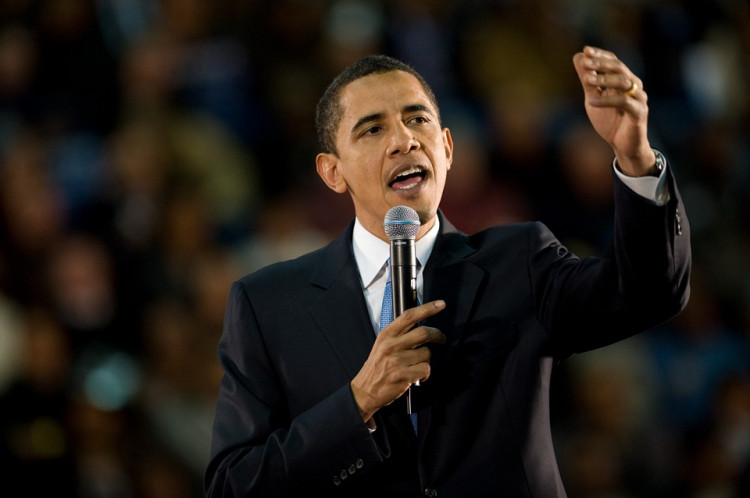Barack Obama served two United States presidential terms and declared 11 (another report declares it is 13) national emergencies in that time. He is up there with two other past U.S. presidents, Bill Clinton who declared such emergencies 17 times, and George W. Bush with 12 declarations during his turn at the U.S. presidency. For the record, presently, President Donald Trump has made only four, so far.
All in all, U.S. presidents have signed 58 Emergency Declarations under the National Emergencies Act, 31 of which are still in effect. Of Obama's 11, ten remain in force, which is around a third of all emergency declarations that remain in force.
The National Emergencies Act was passed by Congress in 1976 and gave the president of the United States the power to declare a national emergency. This is a discretionary power declared upon the discretion of the president of the nation.
The Act provides access to funds otherwise not available to the President and allows him to enforce a number of special laws. These powers are renewable after a year's time, otherwise, they lapse.
Obama has one of the higher numbers of declarations in the duration of his presidency. Most of those involved terrorism and armed conflicts, some related to drugs and crimes, including cybercrime. One was health-related.
Obama's first national emergency declaration involved a health issue, that of the H1N1 virus. This was on October 29, 2009, Proclamation 8443, declaring a national emergency related to the H1N1 influenza pandemic. The said declaration expired a year later and was not renewed. This is the only emergency declaration he declared which is no longer in force. Under it, patients with the H1N1 (swine influenza) were moved to satellite facilities by medical facilities under the direction of the Human Services Secretary.
Of all Obama's emergency declarations, eight were related to armed conflict or terrorism, e.g., blocking properties or freezing assets of persons involved in the conflicts (2010 to 2015) in Somalia, Libya, Yemen, Ukraine, South Sudan, the Central African Republic, Venezuela, and Burundi.
Another declaration dealt with threats to national security through cybercrime, for example, hacking activities. There was also another declaration that had to do with freezing assets of criminal organizations, namely, the Italian La Camorra crime organization, the Los Zatos, a Mexican drug cartel, the Brother's Circle which was an international drug outfit, and the Yakuza, a Japanese criminal syndicate.





